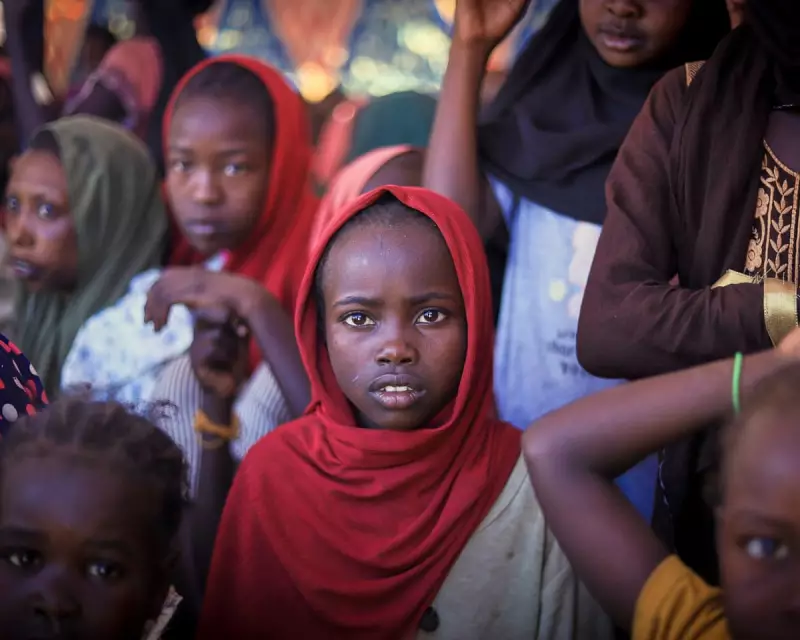
A damning United Nations investigation has uncovered compelling evidence that the United Arab Emirates has been secretly supplying powerful weapons to Sudan's Rapid Support Forces (RSF) militia, in direct violation of international arms embargoes.
The explosive report, seen by The Guardian, reveals how the wealthy Gulf nation has become the primary military backer of the paramilitary group, fundamentally altering the balance of power in Sudan's devastating civil war that has left thousands dead and displaced millions.
The Covert Arms Pipeline
According to UN experts, the UAE has established a sophisticated supply route funnelling advanced weaponry from Chad into western Sudan's Darfur region. Satellite imagery and drone footage analysed by investigators show military-grade equipment being transported across the border, providing the RSF with a significant tactical advantage over the Sudanese armed forces.
The weapons transfers include:
- Heavy artillery and mortar systems
- Advanced drone technology for surveillance and attacks
- Armoured vehicles and military transport
- Sophisticated communications equipment
- Small arms and ammunition
Humanitarian Catastrophe Deepens
This clandestine support has exacerbated what the UN describes as one of the world's worst humanitarian crises. The conflict has pushed millions to the brink of famine, with aid organisations struggling to reach civilians trapped in conflict zones.
"The external military support has prolonged this brutal conflict beyond what would have been possible through domestic resources alone," stated one senior UN official involved in the investigation.
Diplomatic Fallout and Denials
The UAE government has repeatedly denied allegations of military support to the RSF, insisting it maintains a neutral position and supports peaceful resolution. However, mounting evidence from multiple intelligence sources contradicts these claims.
Western diplomats have expressed growing concern about the UAE's role, with several nations considering diplomatic measures in response to the violations. The revelations threaten to strain the UAE's relationships with key international partners who have been pushing for a ceasefire and political settlement.
Regional Power Play
Analysts suggest the UAE's involvement forms part of a broader regional strategy to counter Islamist influences and secure economic interests in the Red Sea region. The support for RSF leader Mohamed Hamdan Dagalo, known as Hemedti, represents a calculated gamble in Sudan's complex political landscape.
As the UN Security Council prepares to discuss the findings, pressure is mounting for concrete action against violators of the arms embargo. However, with geopolitical interests increasingly fragmented, achieving consensus on meaningful sanctions remains challenging.





